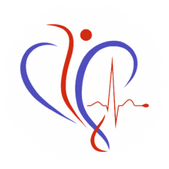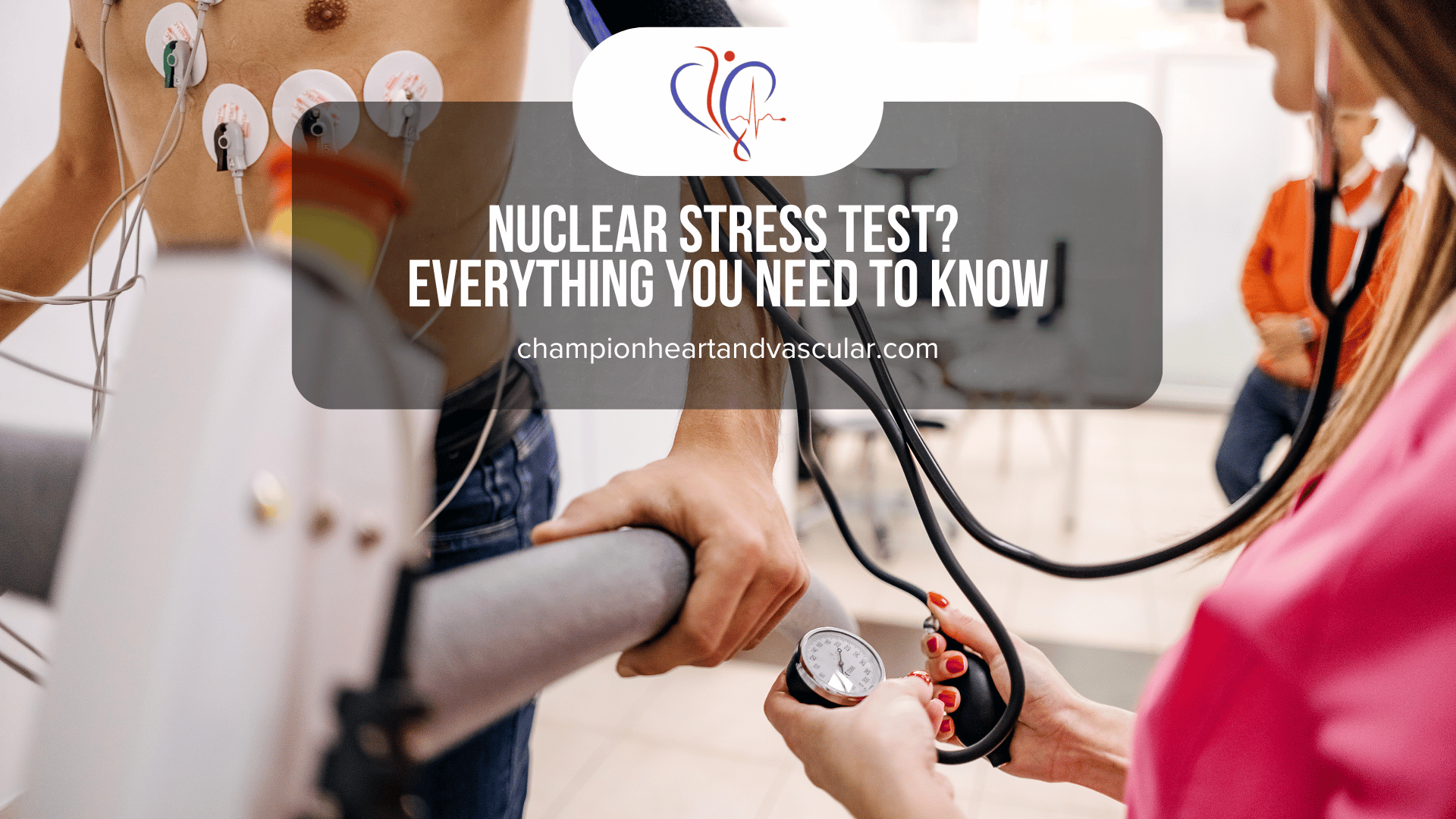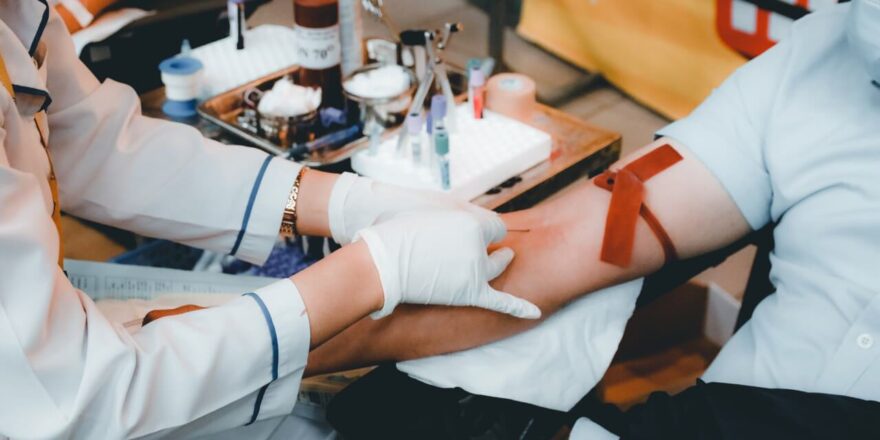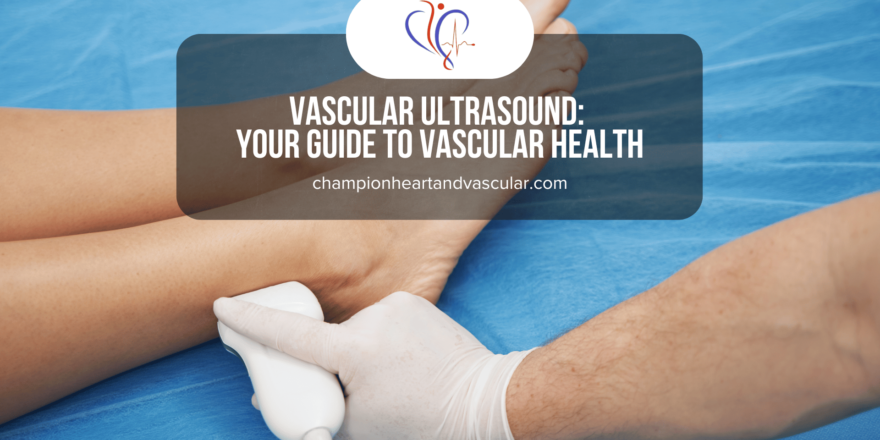When it comes to maintaining a healthy heart, proactive care and timely diagnosis are crucial. One of the most effective tools used in cardiology for assessing heart function and diagnosing potential issues is the nuclear stress test. While the name might sound complex, it is a straightforward procedure designed to provide your doctor with invaluable insights into your cardiovascular health.
This article will explore the purpose, process, benefits, and other critical aspects of nuclear stress testing, providing you with a comprehensive understanding of why it’s a game-changer in cardiac diagnostics.
What Is a Nuclear Stress Test?
A nuclear stress test is a diagnostic imaging procedure used to evaluate blood flow to your heart during periods of rest and physical stress (exercise or medication-induced). By injecting a small amount of radioactive tracer into your bloodstream, the test creates detailed images of your heart muscle, highlighting areas with reduced blood flow or damage.
This test goes beyond traditional stress tests by offering a clear visual representation of how your heart performs under different conditions, making it an essential tool for diagnosing and managing various heart conditions.
Why Is a Nuclear Stress Test Important?
Your heart is the engine of your body, tirelessly pumping blood and oxygen to every cell. A nuclear stress test helps cardiologists ensure that this engine is running smoothly.
Here are the primary reasons for performing a nuclear stress test:
- Diagnose Coronary Artery Disease (CAD): This test detects narrowed or blocked arteries that can lead to heart attacks.
- Evaluate Unexplained Symptoms: Chest pain, dizziness, and shortness of breath may indicate underlying heart issues.
- Monitor Heart Function Post-Treatment: If you’ve undergone heart surgery or angioplasty, this test ensures the treatment is working effectively.
- Assess Heart Health for High-Risk Patients: Patients with diabetes, high blood pressure, or a family history of heart disease benefit from early detection of potential problems.
- Determine Exercise Tolerance: Especially for individuals starting rehabilitation or a fitness routine after cardiac events.
Who Should Consider a Nuclear Stress Test?
A nuclear stress test is typically recommended for individuals with:
- Persistent Chest Pain (Angina): Especially if it occurs during physical activity or stress.
- History of Heart Disease: To monitor progression or recovery.
- Unclear Symptoms: Such as unexplained fatigue, shortness of breath, or irregular heartbeats.
- Risk Factors for CAD: Including smoking, obesity, diabetes, or high cholesterol.
- Abnormal Results from Other Tests: To confirm findings and guide treatment.
If you fall into any of these categories, discussing the test with your cardiologist can provide clarity and peace of mind.
What Happens During a Nuclear Stress Test?
Understanding the process can alleviate anxiety and help you prepare better.
1. Preparation
- Avoid Caffeine and Smoking: These can interfere with test results.
- Follow Fasting Guidelines: Usually, you’ll need to avoid eating or drinking for several hours.
- Wear Comfortable Clothes: If you’re undergoing a treadmill test, athletic shoes and loose clothing are ideal.
2. The Testing Phases
The nuclear stress test involves two primary imaging stages:
- At Rest: A small amount of radioactive tracer is injected into your vein. You’ll rest while a special camera captures images of your heart.
- Under Stress: Either through exercise or medication, your heart will be “stressed” to mimic the effects of physical activity. A second dose of the tracer is given, and more images are taken.
The imaging process is painless, and the radioactive tracer is safe, as it leaves your body naturally within a short time.
3. Post-Test
Once the test is complete, you can usually resume normal activities. Your doctor will review the images and provide results within a few days.
What Do the Results Mean?
The results of a nuclear stress test help your doctor:
- Identify areas of reduced blood flow, which could indicate blockages or narrowing of coronary arteries.
- Detect damage from past heart attacks or conditions affecting heart muscle function.
- Determine whether additional tests, medications, or procedures are needed to address detected issues.
Safety and Side Effects
Nuclear stress tests are generally safe, with minimal risks. The radiation exposure is comparable to that of an X-ray and is considered safe for most patients. Some people may experience mild side effects, such as:
- Flushing or nausea from the stress-inducing medication.
- Slight soreness at the injection site.
However, the benefits of detecting serious heart issues far outweigh these minimal risks.
How Soon Can Results Be Expected After Starting SEO and Social Media for a New Website?
If you’re applying this blog’s knowledge to build awareness or promote services through SEO and social media, it’s important to set realistic timelines. Results typically appear as follows:
- Short-Term (1–3 Months): Improved local SEO rankings and visibility from targeted content.
- Medium-Term (4–6 Months): Consistent growth in organic search traffic and engagement on platforms like LinkedIn or Reddit.
- Long-Term (6–12 Months): Sustained high rankings and increased patient inquiries as trust builds.
By integrating content marketing, on-page SEO, and outreach strategies, you can expect steady progress in driving traffic and establishing credibility online.
Why Choose Champion Heart and Vascular Center for Nuclear Stress Testing?
At Champion Heart and Vascular Center, we provide state-of-the-art diagnostic and treatment options tailored to your unique needs. Our team of experienced cardiologists ensures that every patient receives compassionate, high-quality care.
Locations and Contact Information
📍 Oxford, NC: 1614 Williamsboro St | 📞 919-339-4077
📍 Henderson, NC: 511 Ruin Creek Rd – Suite 106 | 📞 252-573-4223
📍 Dunn, NC: 710 Erwin Rd | 📞 910-304-1212
📧 Email us: [email protected]
🌐 Visit us: championheartandvascular.com
Call to Action
Don’t wait to take control of your heart health. Schedule your nuclear stress test with Champion Heart and Vascular Center today. Early detection saves lives—be proactive about yours!




